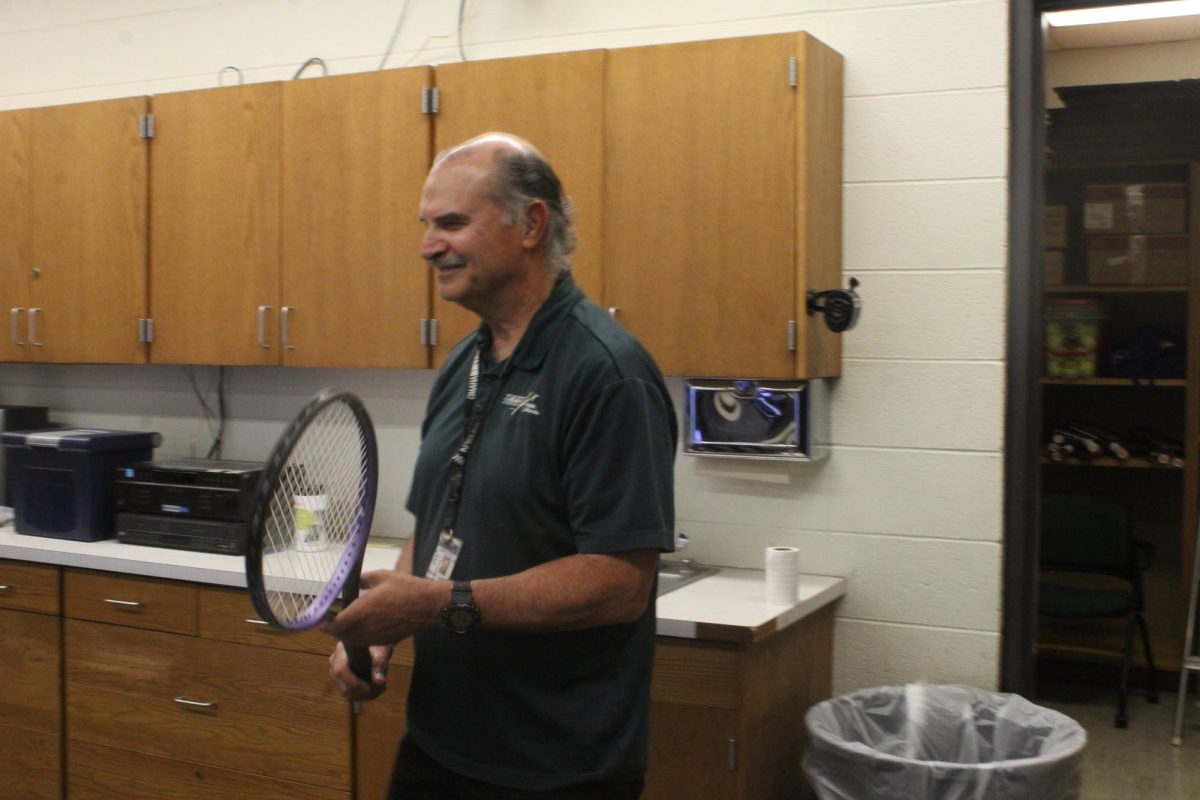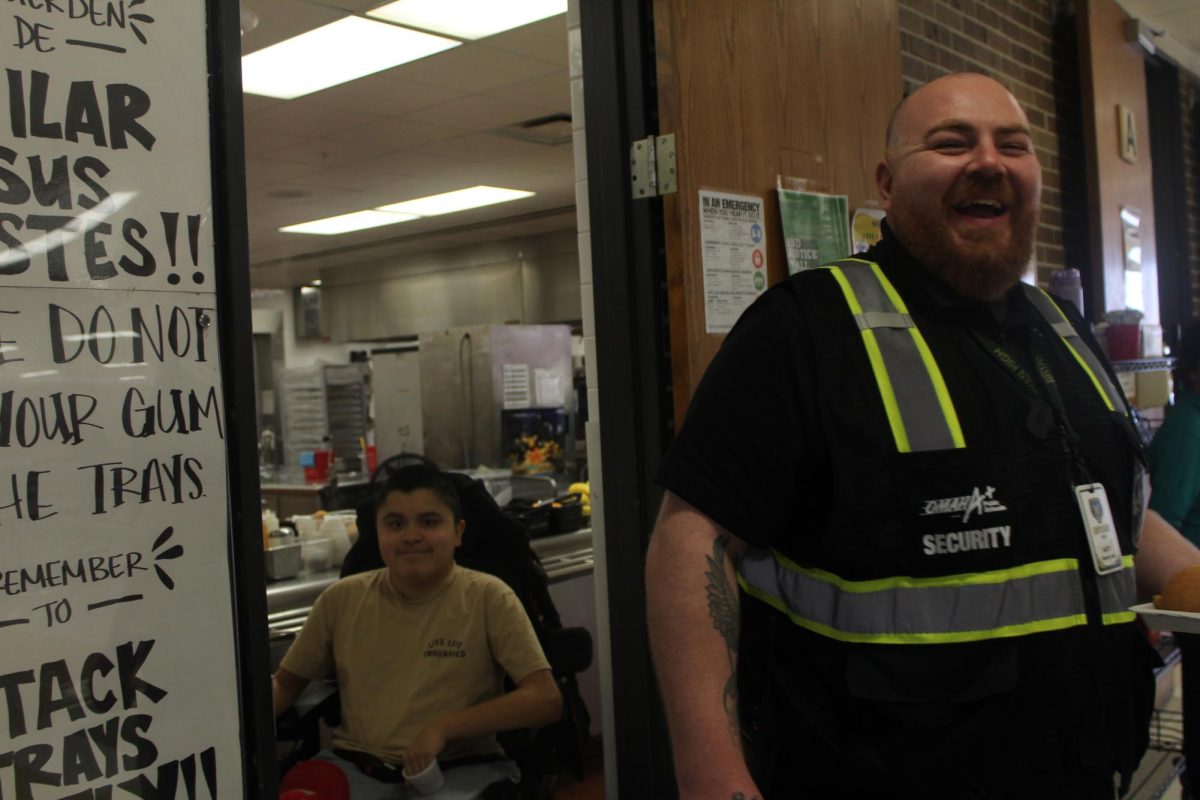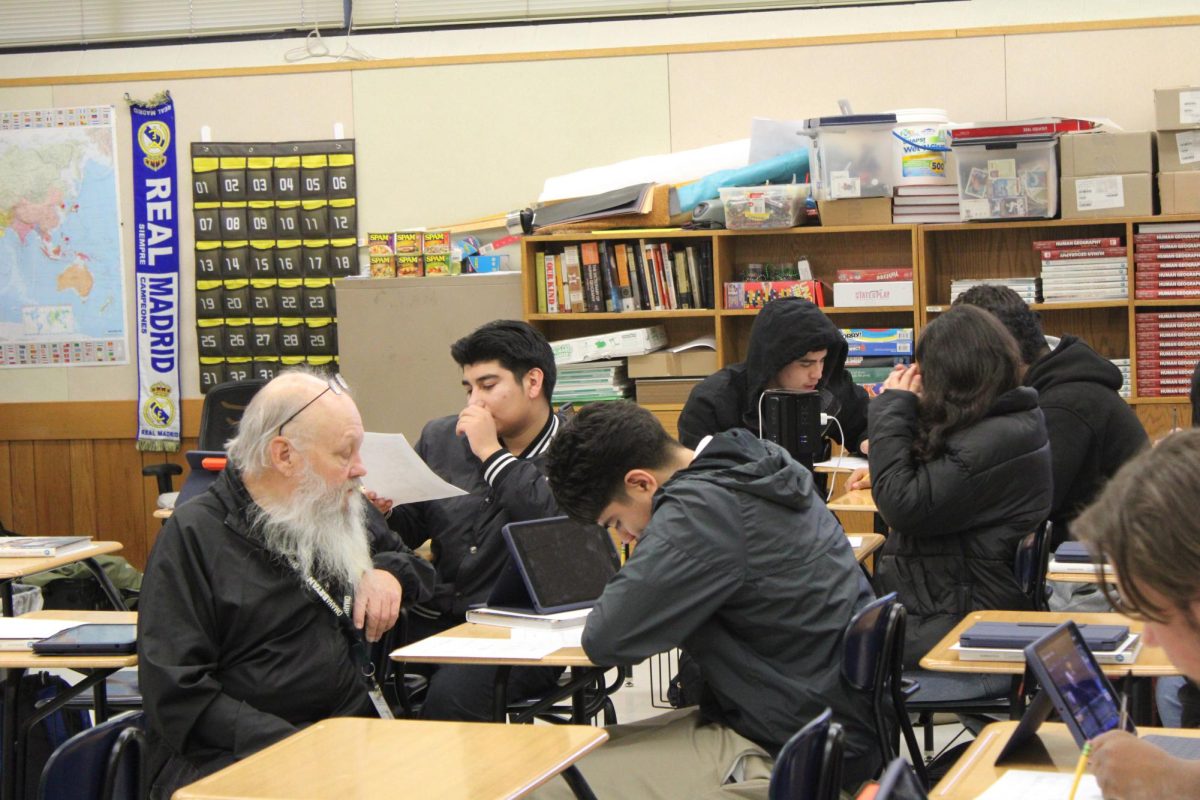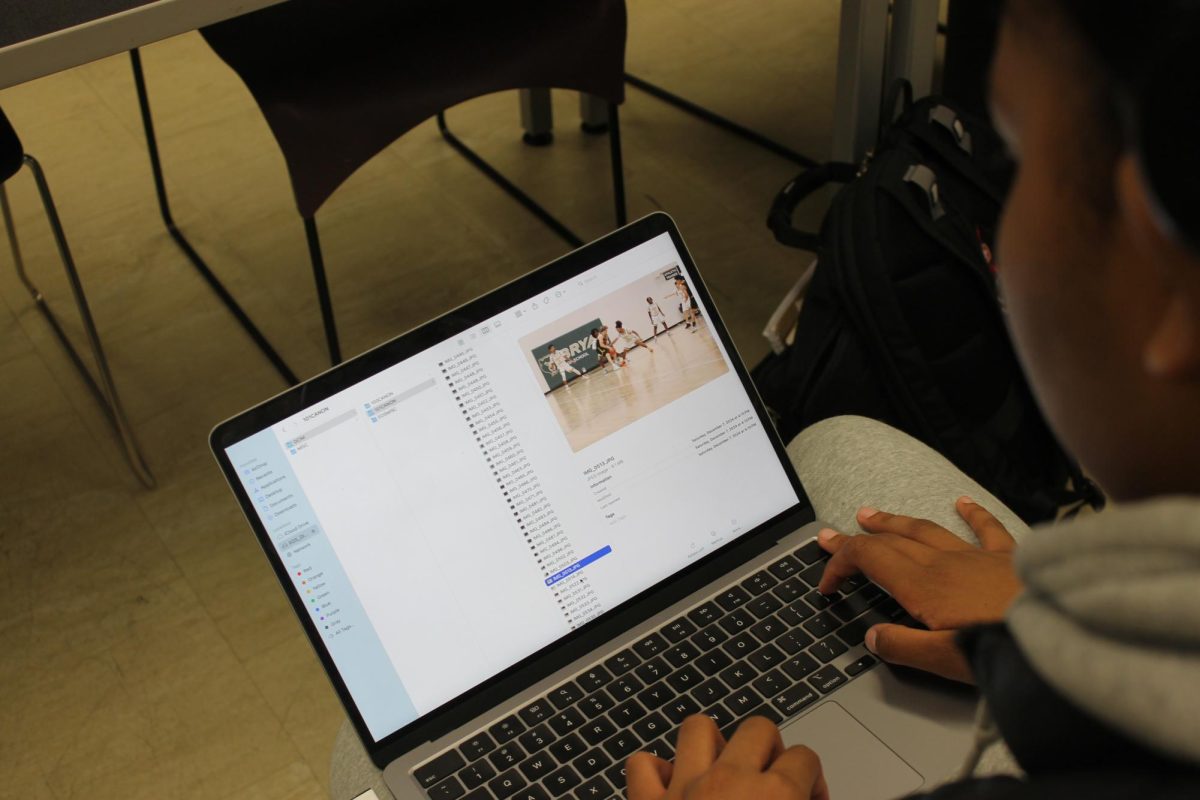The new phone policy created by admin, teachers and CK will make Bryan a “no phones’ school starting in August.
“I’ve been in every classroom, and I’ve noticed that there is a greater number of students on their phones than there are engaged in the conversations in the lesson” Clark-Kaczmarek said. “My priority is student learning. So, I’ve heard from teachers, I’ve seen from my own eyes that we need to do something to remove distractions in the classroom and the greatest distraction right now is the cell phone.”
CK has conducted meetings with faculty to finalize a plan in a way that is beneficial to teachers, that also does not take away student freedoms.
“We’re called the Cell Phone Task Force,” CK said. “There’s a small group of teachers and administrators who are talking about how to reduce distractions in the classroom.”
While there are teachers who agree there is a need for change, students might see it as invasive. CK believes those students will come around soon.
“Students at first are going to be worried and hesitant, but I think they’ll notice that we’re going to be reasonable,” CK said. “We are going to really be opening up a world that will I think make their lives better.”
According to CK, taking away a distraction like this will improve test scores and overall focus in the classroom.
“There’s a lot of research out there that’s shown [phones are addictive],” social studies Joshua Wendell said. “Anything from the colors of the screens, how vivid the pictures are, the movements, the tactile use of the phones themselves, how it can scroll endlessly. There’s a lot of data showing the addictive properties of the phone… We get the same emotional endorphin kick from our phones now that we used to get from active in person interactions.”
This applies to students in the halls. Donnell Dixon, a security guard who monitors the halls daily, said that constant phone usage is “the norm for the kids today. It’s society dictating it. So, the kids ran with it. It’s all they know.”
The need for a schoolwide policy stems from the many different systems that teachers have in place for their own classrooms. The policy tries to streamline that process, putting much of the enforcement on the teachers and their willingness to commit.
We have to be consistent,” Wendell says. “We have to be the adults in the room.”






